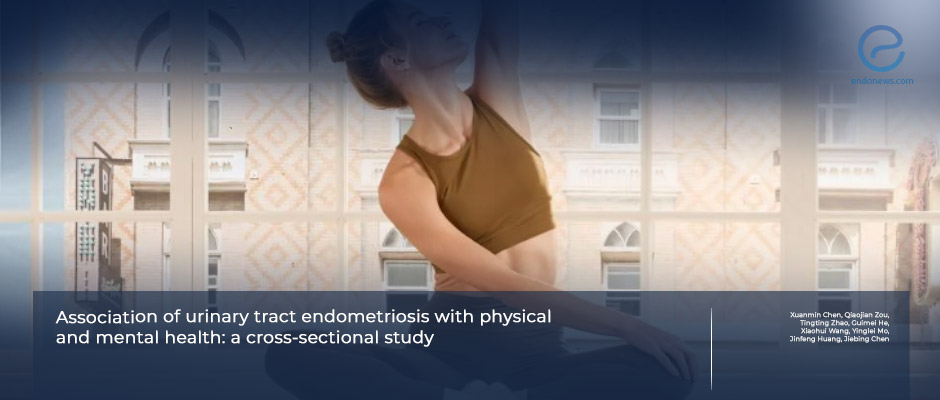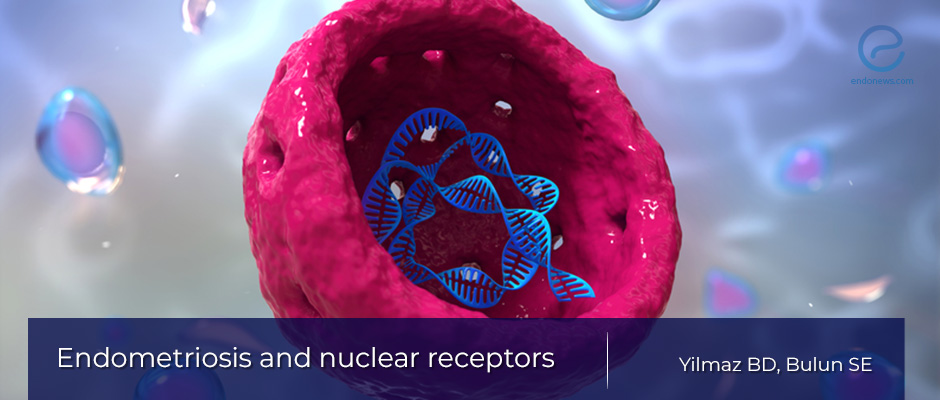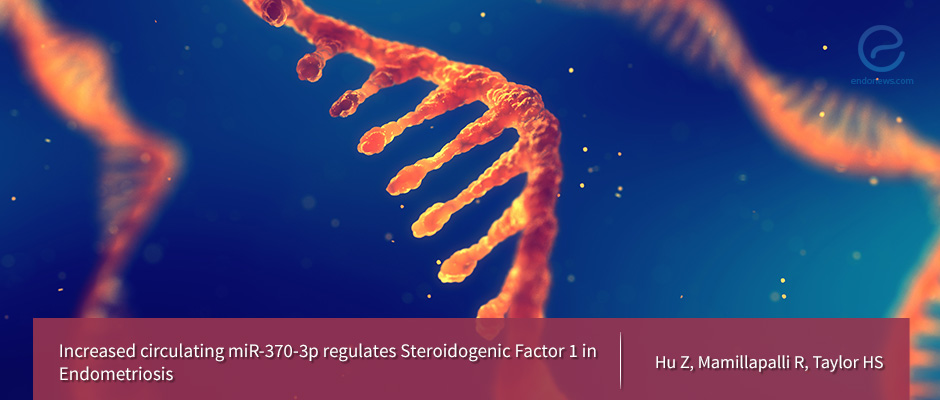Quality of Life in Patients with Urinary Tract Endometriosis
Urinary tract endometriosis (UTE) is a specific form of endometriosis that affects the urinary system, most commonly the bladder or urethra. It can cause symptoms such as bladder irritation, urinary urgency, painful urination (dysuria), blood in the urine (hematuria), and loin…
Key Points Lay SummaryQuality of Life Is Negatively Correlated With Anxiety and Depression in Endometriosis
The quality of life of endometriosis patients is negatively correlated with anxiety and depression according to a new study published in the scientific journal Frontiers in Psychology. Based on this finding, the authors of the study suggest that improving patients'…
Key Points Lay SummaryEndometriosis and nuclear receptors
It is well recognized that endometriosis is a steroid-dependent disorder. In endometrial stromal cells, progesterone regulates retinoic acid production and action. Retinoids also act via a number of nuclear receptors (NRs) and are involved in normal endometrial function and endometriosis. Estrogen…
Key Points Lay SummaryThe role of circulating microRNA's in Endometriosis
Endometriosis is an estrogen-dependent disorder. This disease affects approximately 10% of reproductive-aged women and 20% to 50% of infertile women. Steroidogenic factor 1 (SF-1) is an essential transcriptional regulator coordinately regulating multiple genes involved in estrogen biosynthesis. SF-1 is known…
Key Points Lay Summary
 By Hale Goksever Celik
By Hale Goksever Celik

 By Özge Özkaya
By Özge Özkaya

 By Dr. Youngran Park
By Dr. Youngran Park
